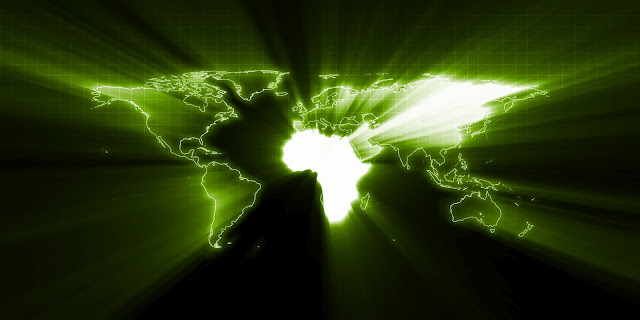A young 20th century would stumble into the world desperately seeking identity. The expectations were high; previous generations had been responsible for reformations, industrial revolution, and the Enlightenment. Progress was lifted high as the banner that historians would use to define the age, a powerful diversion to steal the world's attention away from the atrocities of imperialism, ongoing wars, and the rising discontentment of nationalism.
Mankind looked down from his high tower reveling in the glory of his great masterpiece all the while oblivious to the corrosion of its foundations. Then, one warm summer morning in Sarajevo, a shot was fired that was heard around the world. Before the projectile reached its mark, the world was at war. Piercing the jugular vein of Archduke Franz Ferdinand, the bullet released a flow of long overlooked anger and virulence into a shattered world loosely held together by the tenuous geographic lines laid out by the imperial powers that be.
Fired from the gun of a young Serbian, this shot would signal the mobilization of the world's armies. Declarations of war would be heard as far as the shot's ringing echoes could reach. With one swift action, the world was at war. An unstoppable chain of events brought modernity crashing back down the very mountain of progress it had intrepidly stood upon.
A fledgling 21st century would find itself in that same struggle to discover its identity. One more generation fed up with its oppressors, the Arab world unwittingly awaited a catalyst as it stood by watching kings and dictators -- risen from among their own people -- multiply the iniquities of previous centuries' colonists. Once more the answer would be heard loud and clear by the world that had turned a blind eye to their suffering. With the strike of a match, a young Tunisian man would ignite the Arab world sending far and wide the flames of violence and rage long suppressed.
College-educated but out of work, his only hope to support a hungry family -- the produce cart that he pushed around the streets of his city -- was confiscated by corrupt policemen whose own families were well provided for. The next day he set himself and the Arab world on fire. The empty gas can lying by the side of the road, his smoldering body would spread the flames like a wildfire to the far reaches of North Africa and the Middle East. As the flames spread, every major Arab leader would feel the heat of Mohamed Bouazizi's fire.

No comments:
Post a Comment